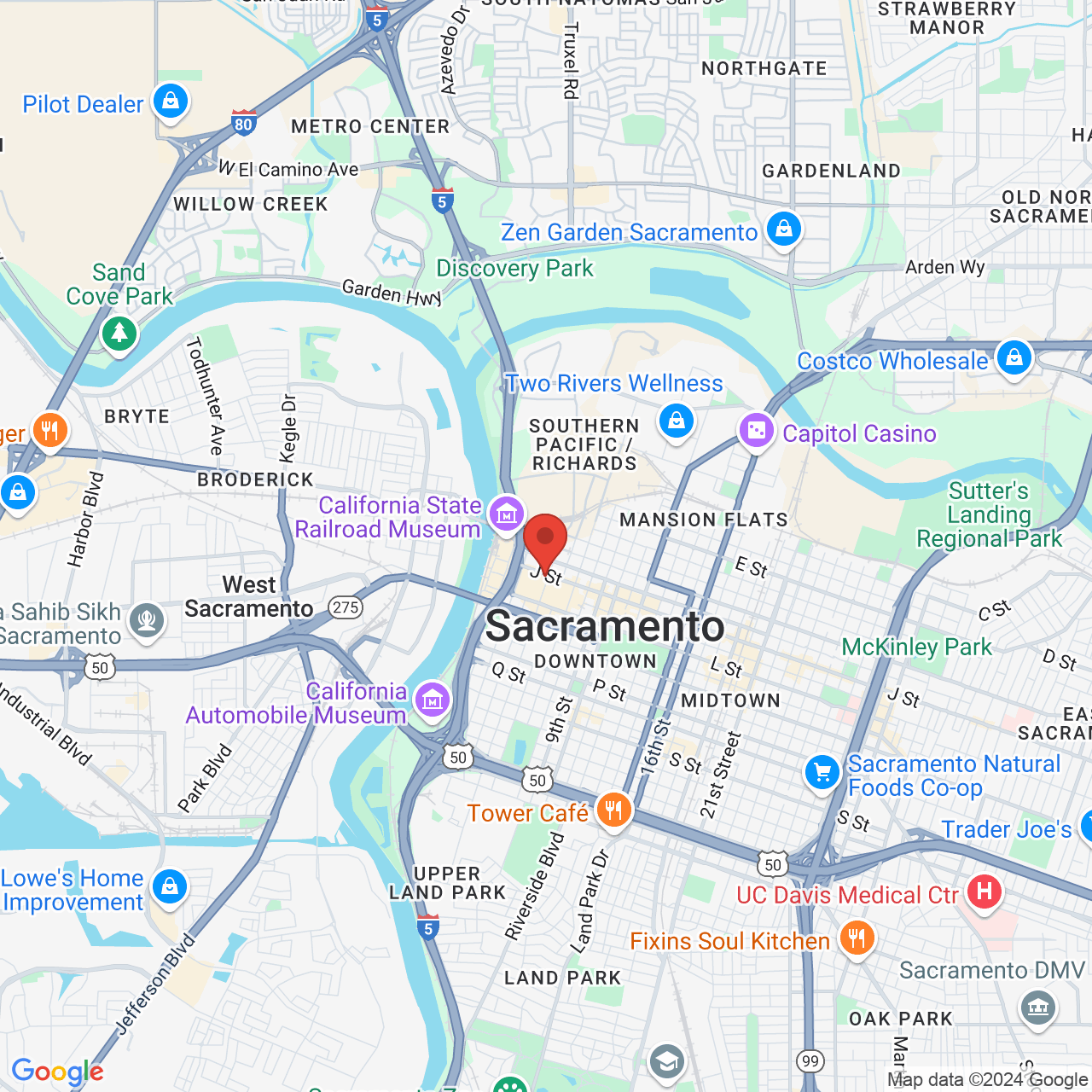Disability Discrimination and Essential Job Functions
 As a highly skilled and experienced employment law attorney, Gregory A. Thyberg is committed to protecting the rights of workers who have been victimized by workplace injustices, including disability discrimination. The Fair Employment and Housing Act (FEHA) was instituted to protect Californians with disabilities from discrimination, and Mr. Thyberg fights tirelessly to ensure that the rights of his clients with medical, physical, and mental disabilities are not violated.
As a highly skilled and experienced employment law attorney, Gregory A. Thyberg is committed to protecting the rights of workers who have been victimized by workplace injustices, including disability discrimination. The Fair Employment and Housing Act (FEHA) was instituted to protect Californians with disabilities from discrimination, and Mr. Thyberg fights tirelessly to ensure that the rights of his clients with medical, physical, and mental disabilities are not violated.
Under the FEHA, an employer cannot fire or refuse to hire an employee who performs his or her essential job functions with or without reasonable accommodations. Furthermore, the federal Americans with Disabilities Act (ADA) protects disabled employees who are able to perform his or her essential job functions with or without reasonable accommodations from discrimination. Mr. Thyberg uses all of the resources at his disposal to provide superior representation to employees with cases involving disability and essential job functions in the Sacramento, CA region. If you have been the victim of disability discrimination, he can help you during your time of need, too.
To arrange for an evaluation of your disability discrimination case, please contact Thyberg Law today.
What Are “Essential Job Functions”?
As you might imagine, in cases involving disability discrimination, it is important to define precisely what is meant by “essential job functions.” For a job function to be considered “essential,” it must:
- Be the reason, or among the reasons, that the job exists.
- Be a highly specialized function, to the extent that a person is hired specifically to perform that function.
- Be a function that cannot be widely performed; in other words, few if any other employees can perform the function.
In determining whether a job function is truly essential, courts may consider, among other things:
- The employer’s description of the position in posting for the job.
- The experience of other employees in the position.
- The amount of time devoted to performing the function.
- The skill needed to perform the function.
- The effect that not performing the function would have on the business.
- Whether the position could exist without the performance of that function.
An employer is not obligated to consider candidates whose disabilities would prevent them from performing essential job functions, even if reasonable accommodations are made. If, however, the candidate is able to perform the essential job functions, with or without reasonable accommodations, then the employer must not take the disability into account when making a hiring decision.
What Are Reasonable Accommodations?
Reasonable accommodations are those that would allow an employee or prospective employee to perform his or her essential job functions given his or her disability. The accommodation is considered “reasonable” as long as it does not impose an undue hardship on the employer.
Examples of reasonable accommodations include job restructuring, modified schedules, paid or unpaid leaves, modification of equipment or devices, and reassignment to vacant positions.
Arrange for an Evaluation of Your Disability Discrimination Case
To arrange for an evaluation of your disability discrimination case, please contact Thyberg Law today.


